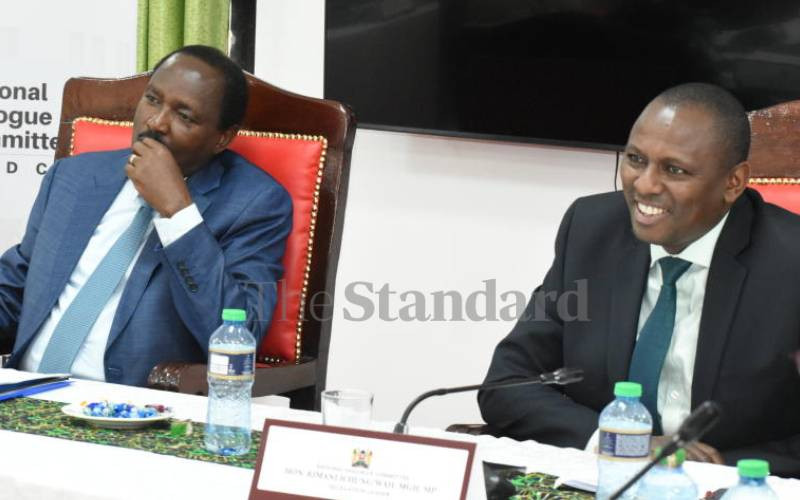×
The Standard e-Paper
Join Thousands Daily

A cross-section of Kenyans are wary of holding a referendum to change the Constitution in the prevailing economic hardships.
At the same time, the legal fraternity wants the elections staggered so that the presidential and the other five elective posts are held on separate days